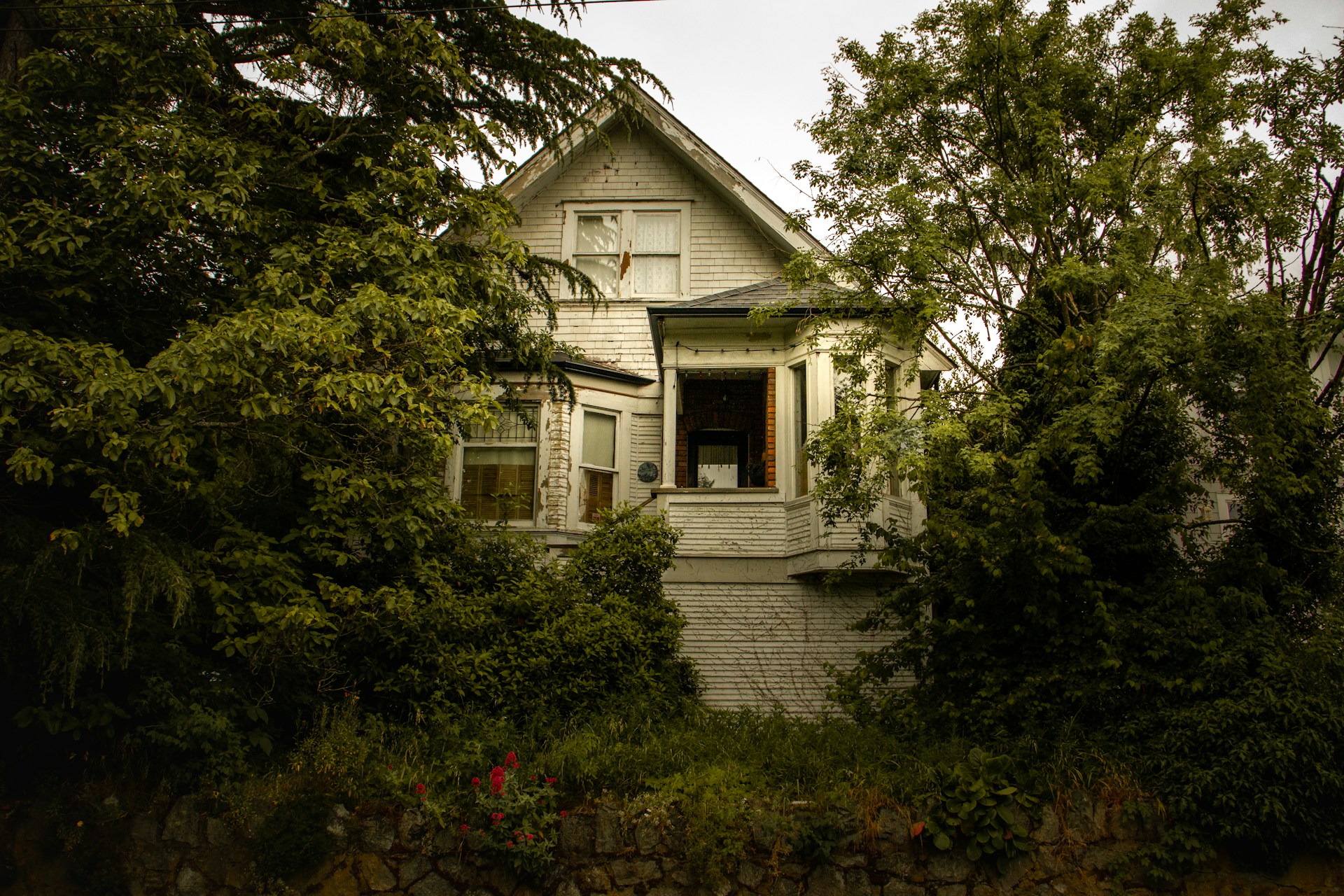

Question: Can You Claim an Abandoned House in Canada?
Answer: No, you cannot simply claim an abandoned house in Canada. Canadian property ownership is complex, and acquiring title requires legal processes like adverse possession, which is difficult and has specific requirements.
Understanding Abandoned Properties
The allure of an abandoned house, seemingly ripe for the taking, can be tempting. Can you simply move in and claim it as your own? The short answer is no. Canadian property laws, specifically in Ontario, have clear procedures regarding property ownership, and claiming an abandoned house isn’t as straightforward as it might appear. This article explores the complexities of abandoned properties and the legal realities surrounding them.
Can You Claim an Abandoned House in Canada?
While the idea of acquiring a free house is enticing, claiming an abandoned property in Canada involves intricate legal processes. Ownership remains tied to the legal owner, even if the property appears deserted. No legal provision allows individuals to simply take possession of abandoned houses. Attempting to do so can lead to legal repercussions, including charges of trespassing or adverse possession.
Click here for more information on real estate brokers in Orangeville
Related Article: What is the Abandonment of Residence?
Related Article: How Long Before Property is Considered Abandoned in Canada?
Legal Routes to Acquiring an Abandoned House
Acquiring a seemingly abandoned house requires adherence to legal procedures. Several avenues exist for legally obtaining such a property, each demanding specific steps:
Adverse Possession:
This legal principle allows someone to claim ownership of land they have openly and continuously possessed for at least 10 years. Specific criteria apply, including demonstrating exclusive, continuous, and notorious possession. The process involves filing a claim with the court, which can be lengthy and contested by the legal owner.Tax Sale:
Municipalities can sell properties for unpaid property taxes. These sales offer opportunities to purchase properties, sometimes below market value. However, tax sales come with risks, such as outstanding liens or unknown structural issues. Thorough due diligence is important before bidding on a property at a tax sale.Purchase from the Owner:
Locating and contacting the legal owner remains the most straightforward method. This often involves title searches and investigations. If contact is successful, negotiations and a formal purchase agreement become necessary.
Risks and Considerations
Pursuing abandoned properties involves potential risks. Legal challenges from the owner, outstanding liens, or unexpected costs can arise. Before attempting to acquire such a property, consider the following:
Legal Ramifications:
Attempting to occupy or claim an abandoned property without legal right can lead to trespassing charges and legal battles.Financial Liabilities:
Abandoned houses often require extensive repairs. Unforeseen costs, including back taxes, liens, or structural problems, can strain your finances.Ethical Concerns:
While a property may appear abandoned, ethical considerations should guide your actions. Respect property rights and ensure your pursuit aligns with legal and ethical principles.
Seeking Professional Guidance
The complexities of acquiring an abandoned house requires expert advice. A real estate lawyer can guide you through the legal procedures, protecting your interests and ensuring compliance with relevant laws. Consulting with a real estate professional also provides valuable insights into market value, potential risks, and alternative property acquisition strategies.
Conclusion
While the prospect of obtaining an abandoned house may seem appealing, it’s essential to remember the legal and practical complexities involved. Understanding property laws, exploring legitimate acquisition routes, and seeking professional advice are crucial steps in navigating this process successfully.
Disclaimer: This blog post is for informational purposes only and does not constitute legal advice. It’s essential to consult with a legal professional for specific guidance regarding property abandonment situations. [ 1 ]
References
1. https://ecampusontario.pressbooks.pub/buslawandethicscanada/chapter/personal-property/


